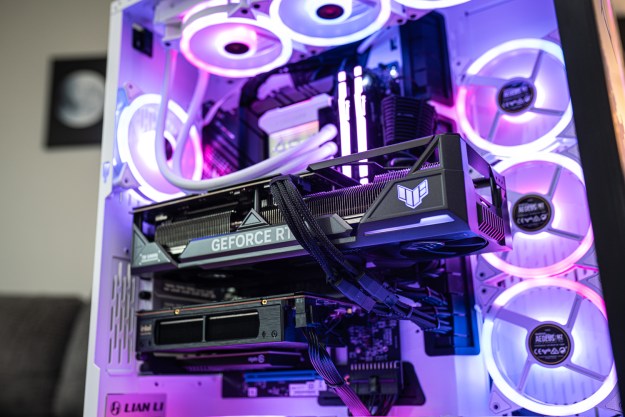
In a statement, the new chairman, Ajit Pai, noted “the best way to protect the online privacy of American consumers is through a comprehensive and uniform regulatory framework. All actors in the online space should be subject to the same rules, and the federal government shouldn’t favor one set of companies over another.”
These sentiments are likely welcomed by a number of telecommunications and cable companies that have argued that the more stringent privacy laws put forth by the FCC put them at a disadvantage when compared to other internet companies like Google and Netflix, which do collect data on their customers, but are not overseen by the FCC, but rather by the Federal Trade Commission. Indeed, companies like Comcast, Verizon, AT&T and T-Mobile, have already filed a petition asking the FCC to delay other privacy rules that were previously passed as part of the Commission’s “net neutrality” overhaul.
On the other hand, privacy advocates have noted that ISPs are more capable of collecting data than websites and other companies, as ISPs are responsible for providing the connections to those websites and companies. Moreover, consumer groups note, ISPs could use this data for their own purposes, or worse yet, sell it off for marketing purposes.
So keep an eye out, friends. The FCC is changing course when it comes to your privacy, and we’ll just have to wait and see how this one plays out.


